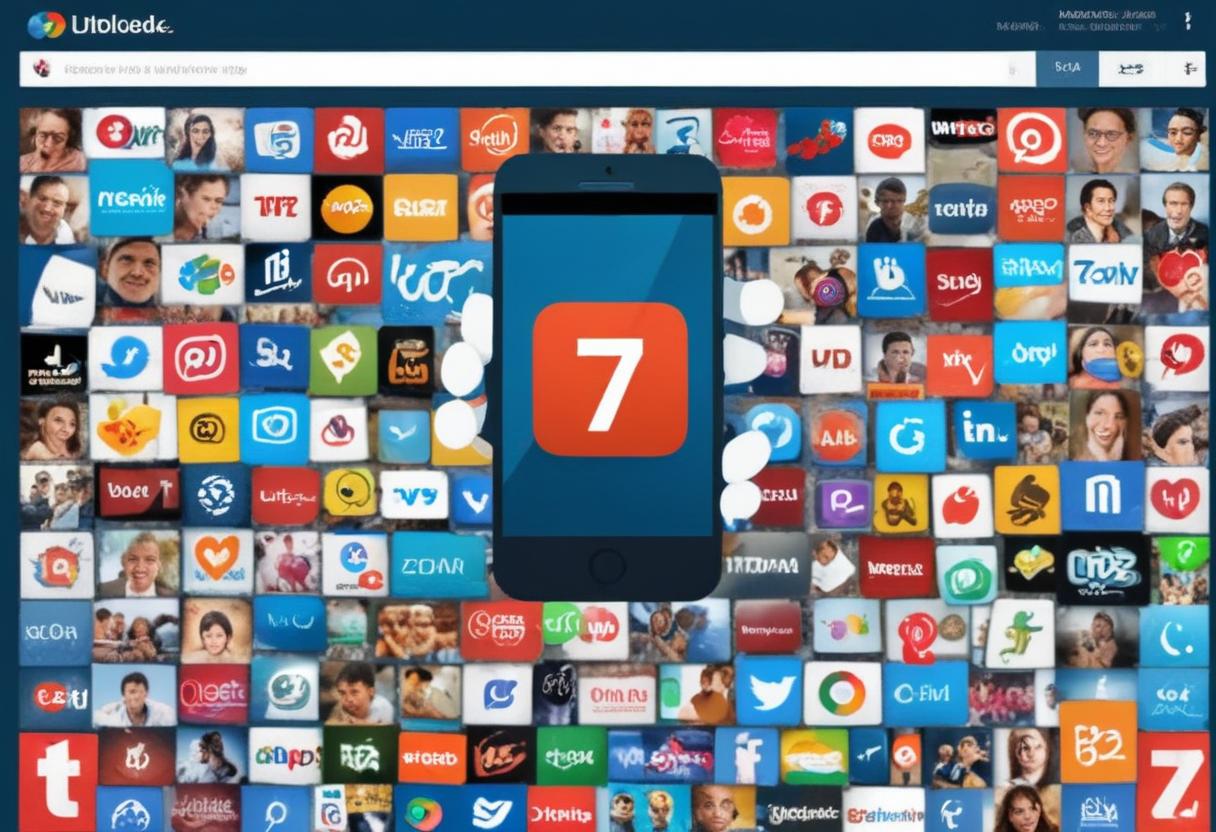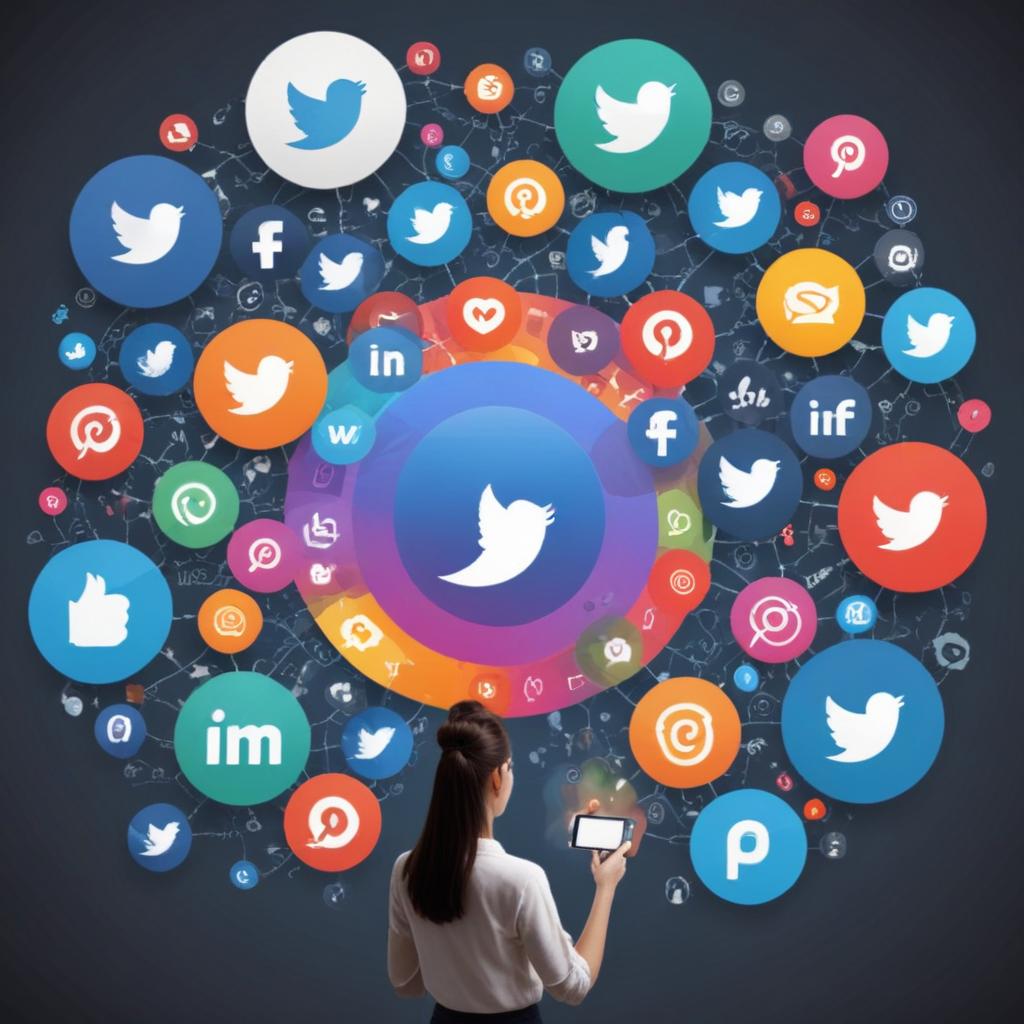The Decision to No Longer Identify on Social Media: A Closer Look
Introduction
Social media, ever since the online connectivity became the new norm, has evolved into the primary means of communication and individual identity. These include facebook, instagram, twitter, linkdin through which people make their statuses and posts, achievements and opinions. However, although an emerging trend is the decision of the subject to unfriend everyone and make themselves incognito or even delete their accounts. This paper looks at why people have made this decision, what consequences of their actions ensue and the measures an individual can take so as to lead a normal life without having a social media profile.
Social media sites and Identity Development
The early days of social media
The social media which started emerging in early 2000s completely changed the dynamics of the people interaction. Services such as MySpace, Friendster, and more lately facebook allowed people to set up member profile, upload pictures, and network with other people. These early platforms set the foundations for a feature that has become so normalized in people’s lives at the present time.
Identity Construction Online
Since the concept of social media was emerging, a part of identity construction was also involved in social media aspects. People started to spend a lot of time on the appearance, constantly creating only a positive image to others. This, in fact, is a well-documented conceptisms known as self-presentation and is a subject of interminable study amongst practitioners in the fields of psychology and sociology. Self-presentation issue which is characteristic to the SNS since the idea of having a post or a profile means that it has been created deliberately entails disconnect between the two realities.
Motivations for Disengagement
Privacy Concerns
Privacy is one of the main reasons people use for disengagement from social media platforms. As the cases of the data leakages, identity thefts, and unauthorized data collection grows they realize the inconveniences of putting personal details on internet sources. More so, when such high profile cases such as the Cambridge Analytica data breach occurred, such concerns force people to rethink their online presence.
Mental Health and Well-being
Another evident reason is the effect of social media with mental health, which contributes to the decision to log out from social networks. Social networks in particular provoke fear, frustration, and low self-esteem; or, at the very least, contribute to these conditions. The self-comparison with others, the presence of cyberbullying, and the need to present oneself as perfect also explain these consequences. Thus, the less people use social media platforms to share their content, the fewer nerves they straining and the better their psychological well-being will be.
Authenticity and Genuine Connections
Such distaste for more genuine interpersonal relations might be cited as a good reason to log off social media for many of those seeking higher authenticity. The main aspect of features of unpleasant effects is the superficial interaction or the of likes and followers can harm professed relationships. In this way, a person can avoid many distractions that are characteristic of social media and strive for a genuine communication with others.
The Implications of Disengagement
Social Implications
Deciding to opt out of culture in social media entails some social consequences. Situating social media into the contemporary societies, shunning it has a negative impact in that it makes one feel left out. Any incidences, functions and even vital anouncements are mostly communicated first through the social networks and those who do not use these may lack vital information that they need to know of.

Professional Implications
For the businessperson withdrawing from social media has consequences even professionally especially for the independent workers whose job involves a lot of networking and self-branding. LinkedIn in particular serves as an important tool for searching for a job, and networking while building a personal brand. The decision not to acknowledge self on these sites means that one has to seek other forms of constructing and maintaining working professional networks.
Measures to Log out of social media
Gradual Disengagement
Some might quit cold turkey as they stick to the respective platform’s terms and policies, but for many, gradual Facebook de-identification can be more easily achieved. This can entail cutting down on the number of hours that are spent on these social platforms, blocking or deleting NEWS sources, and persons who have no positive influence or value to offer and creating proper healthy use of social networks.
Embracing Offline Activities
Taking a break from social media is a chance to focus on real life and find personal interests. These can range from reading, exercise, spending time with family or friends , and such other activities that the patient may wish to engage in. Therefore, having self-awareness of the time wasted on social media and channeling such time into useful productivity will benefit the lives of many positively.
Most people use case studies or personal experience to try and explain away prejudice, and the statistics of the increase that prove that it has occurred.
Personal Testimonies
A lot of people, who have decided to opt out, say it has successful results Among all, people, who decided to stop identifying on social networks have positive results. For instance, Jane, a 30-year-old marketing professional, had to deactivate all her social media profiles after new found anxiety and burnout. It also noted that her mental state was boosted and she was able to devote time to her goals in the personal as well as the professional realm.
Public Figures and Influencers
Some celebrities and other informative personalities have also decided to stop using such platforms, though social media is very useful in their occupations. For example, a comedian Bo Burnham criticized social media and all its positive effects on the human mind. This action of his has initiated discussions over the harassment that personalities endure on social media.
Conclusion
E-removal is a complex and personal decision because of the reasons on why one cannot use his or her identity on a social media site. Although there might be a downside of it, one has to admit the fact that it can actually be helpful to privacy, for mental health, and in general, help people be more genuine. As a result, through properly thinking over the process and actively adapting to the new conditions, people can have a successful experience in existence without the social media profile. This choice finally leads to a more purposeful and enjoyable attitude to the interactions both online and offline.







